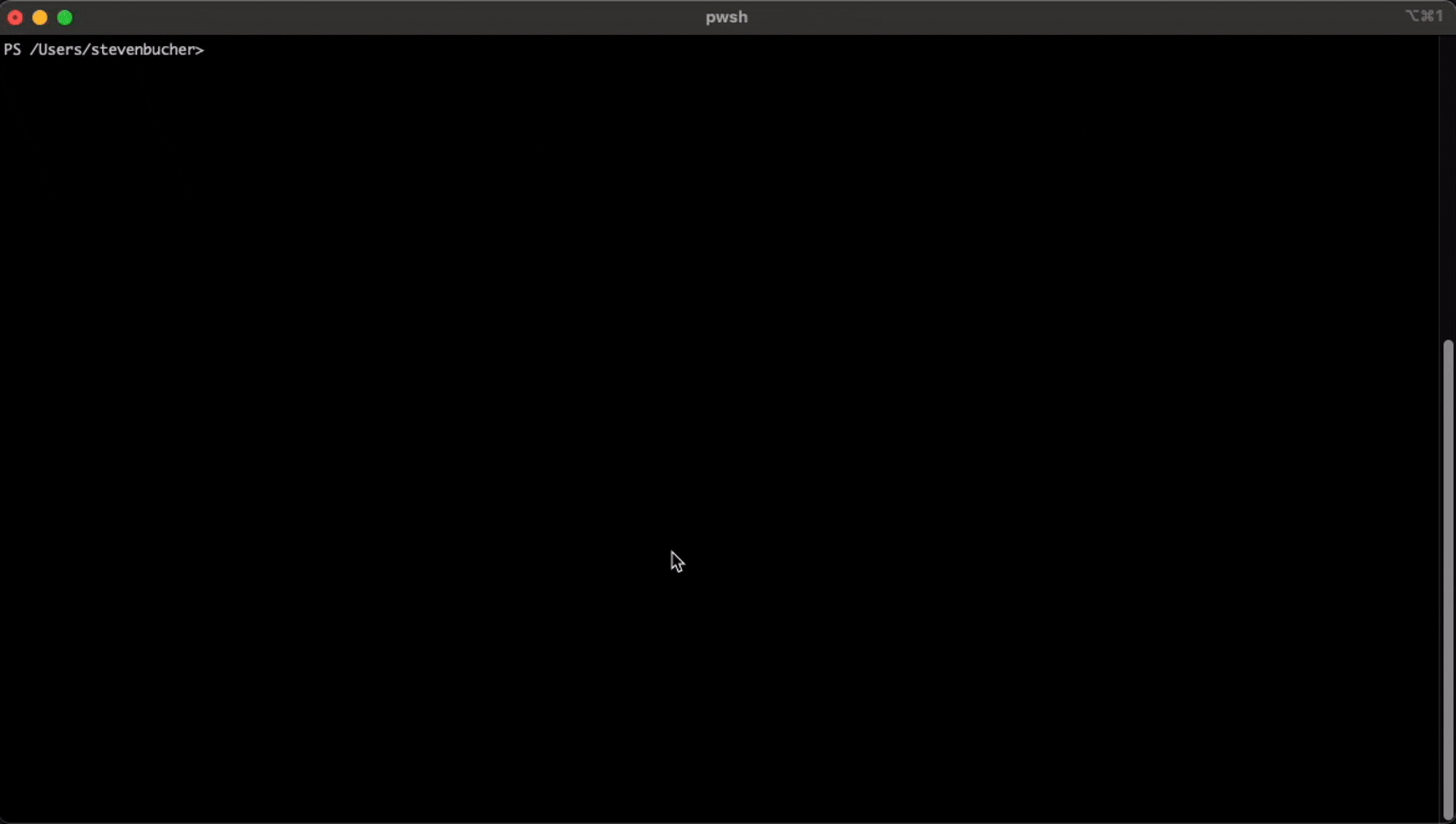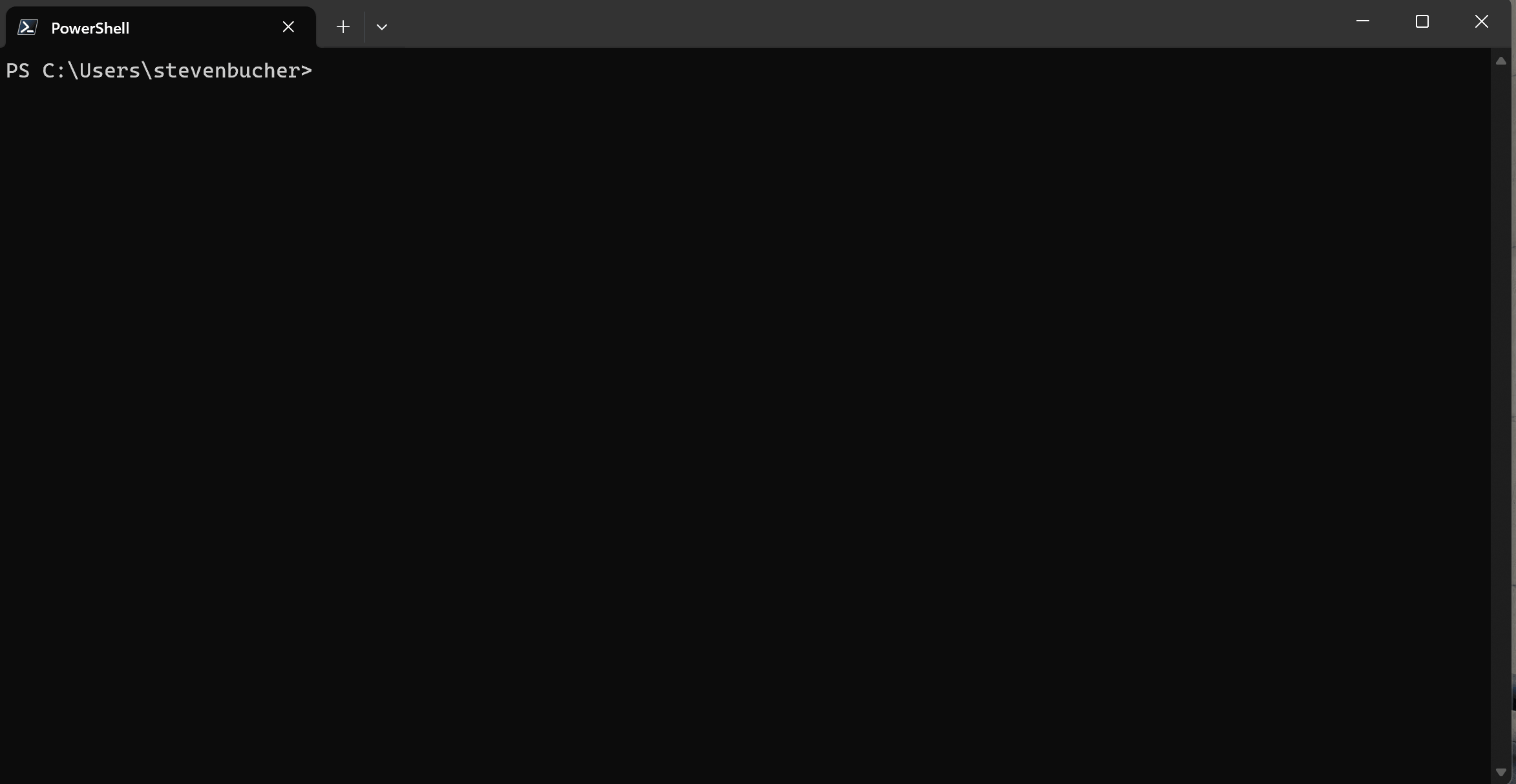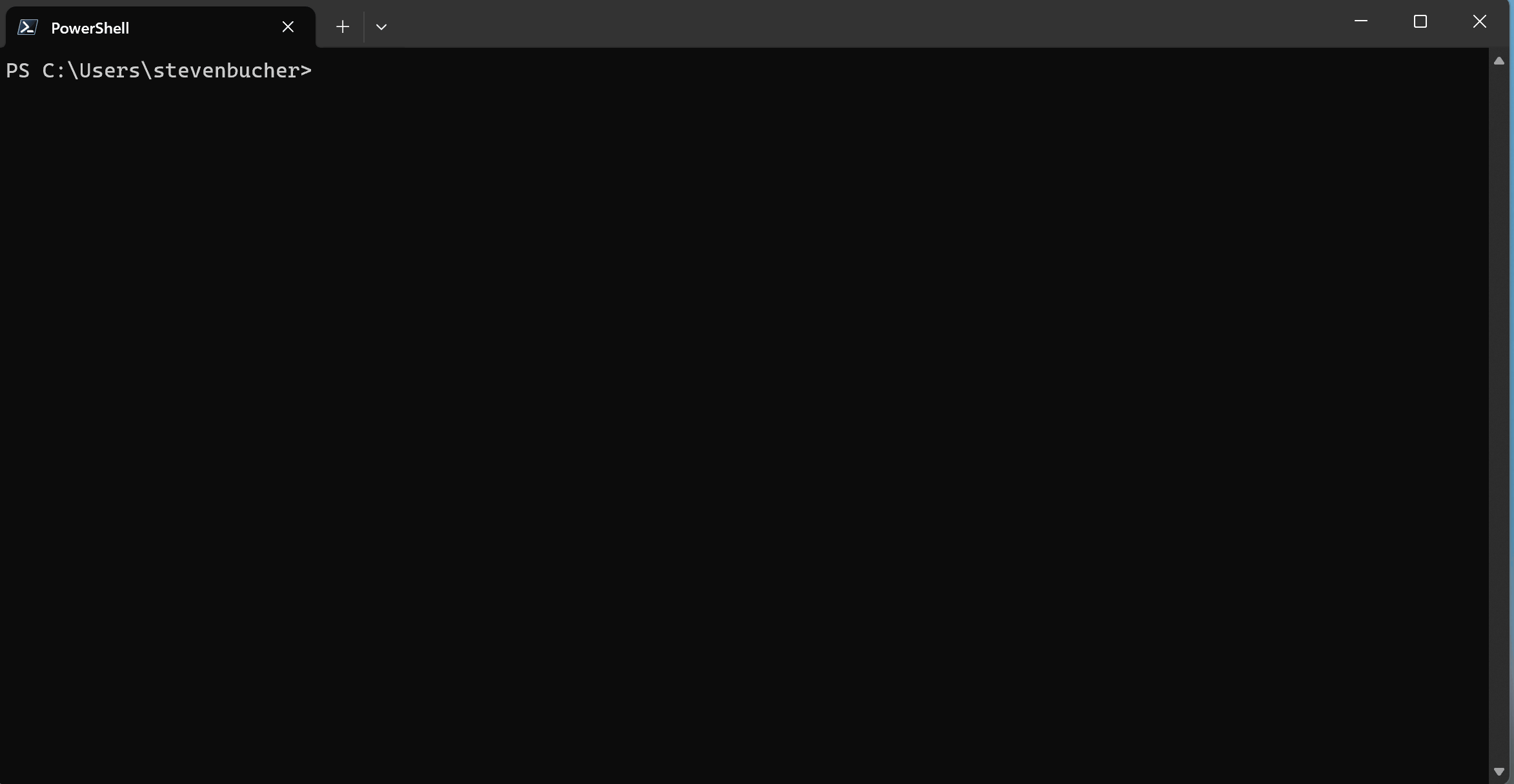AI Shell Preview 4: Enhanced MacOS Support, Entra ID Authentication, and More
Steven Bucher from the PowerShell Team introduces AI Shell Preview 4, diving into its new features: enhanced macOS integration, Entra ID authentication, improved shell commands, a new offline AI agent, and more.
AI Shell Preview 4 Is Here: Better macOS Support, Entra ID Authentication, and More
Author: Steven Bucher (PowerShell Team)
The AI Shell Team has unveiled Preview 4 of AI Shell, bringing several key improvements and new features based on user feedback. This release continues to enhance the integration of AI-powered assistance within PowerShell by focusing on access to Azure OpenAI deployments, expanding the Invoke-AIShell command, and broadening compatibility with macOS.
Improved macOS Support
- Enhanced Side Car Experience with iTerm2: The macOS side car experience is now more stable, enabling reliable support for the
/code postcommand and achieving parity with the Windows experience. - Requirements: Users must be running PowerShell 7 within iTerm2. See installation instructions for PowerShell 7 on macOS.

Microsoft Entra ID Authentication for Azure OpenAI
- Secure Authentication: Support for Entra ID authentication enables secure access to Azure OpenAI resources without the need to store sensitive keys in configuration files.
-
Configuration Example:
{ "GPTs": [ { "Name": "ps-az-entraId", "Description": "A GPT instance with expertise in PowerShell scripting using Entra ID authentication.", "Endpoint": "<Your Endpoint>", "Deployment": "<Your Deployment Name>", "ModelName": "<Your Model Name>", "AuthType": "EntraID", "SystemPrompt": "You are a helpful and friendly assistant with expertise in PowerShell scripting and command line." } ], "Active": "ps-az-entraId" } - Credential Hierarchy: AI Shell attempts authentication using these credentials, in order:
EnvironmentCredentialWorkloadIdentityCredentialManagedIdentityCredentialSharedTokenCacheCredentialVisualStudioCredentialAzureCliCredentialAzurePowerShellCredentialAzureDeveloperCliCredentialInteractiveBrowserCredential
- Learn about DefaultAzureCredential.
Enhanced Invoke-AIShell Command
- Additional Parameters:
-PostCode: Post code from the side pane directly into the PowerShell session, reducing the need to manually run the/code postcommand.-CopyCode: Copy code from the side pane without running/code copy.-Exit: Exit the side pane easily.
- Workflow Improvements: These features help users inject AI-generated commands seamlessly and maintain an uncluttered terminal experience, supporting more efficient shell workflows.
- Integration with PSReadLine: Pairing with Predictive IntelliSense further streamlines command entry and code generation.

Introducing Phi Silica Experimental Agent
- Offline AI Experience: Phi Silica is an experimental local agent leveraging the built-in Phi Silica model included with the latest Copilot+ PCs. This allows offline use of AI Shell.
- Availability: Not included by default; users must clone the repository and follow local build instructions.
- Current Status: Proof of concept—recommended only for testing, with possible breaking changes in future updates.

Additional Improvements
- Updated support for the latest OpenAI models (#368)
/clearcommand as alias for/cls(#370)- Installation script updated for macOS (#374)
- Enhanced model management and integration with system prompts in OllamaAgent (#351), contributed by @cnupy
- Changelog available here
Installation Instructions
Install the latest AI Shell with:
Invoke-Expression "& { $(Invoke-RestMethod 'https://aka.ms/install-aishell.ps1') }"
Feedback is welcomed via the GitHub repository.
Thank you,
The AI Shell Team
Steven Bucher & Dongbo Wang
This post appeared first on “Microsoft PowerShell Blog”. Read the entire article here